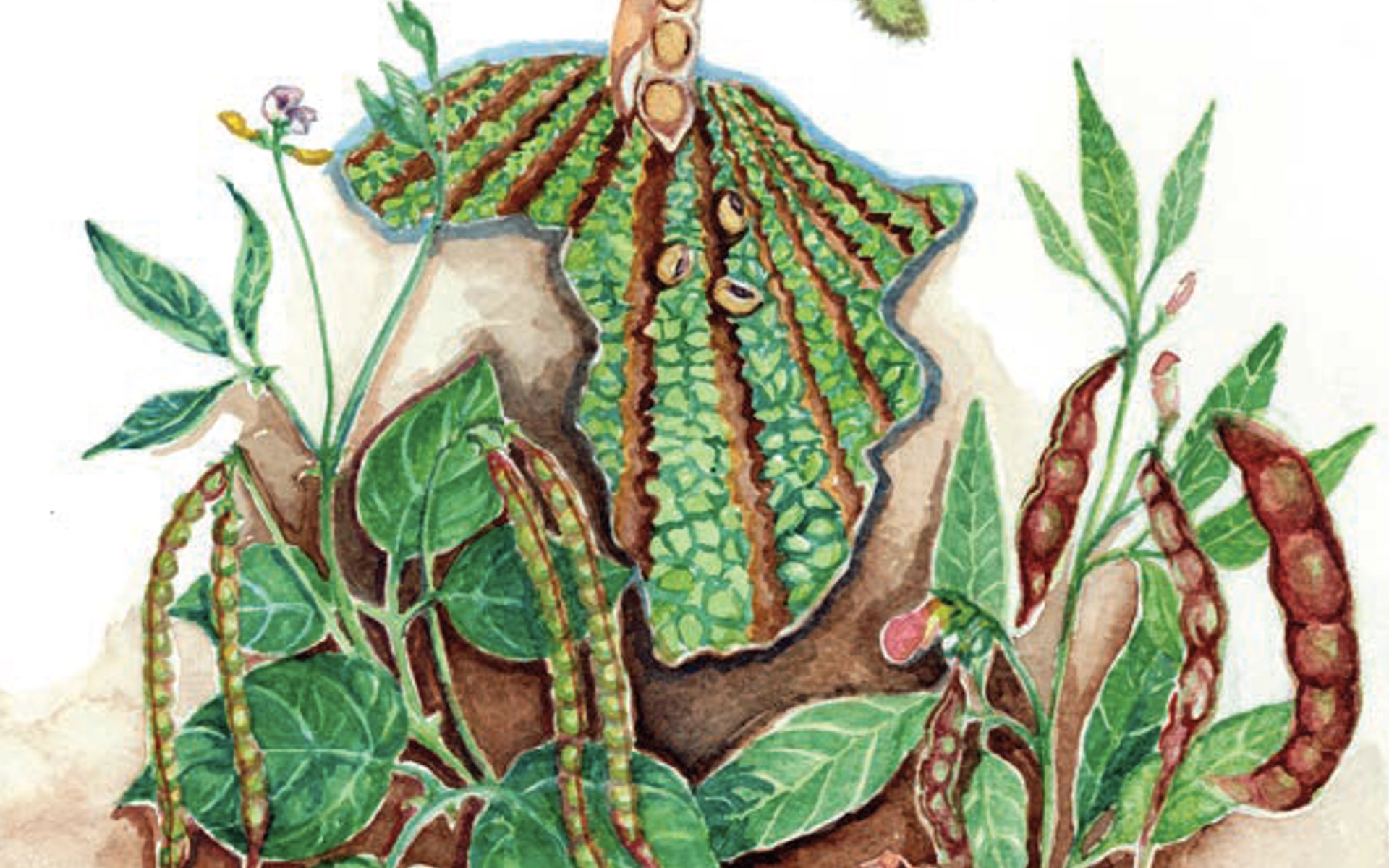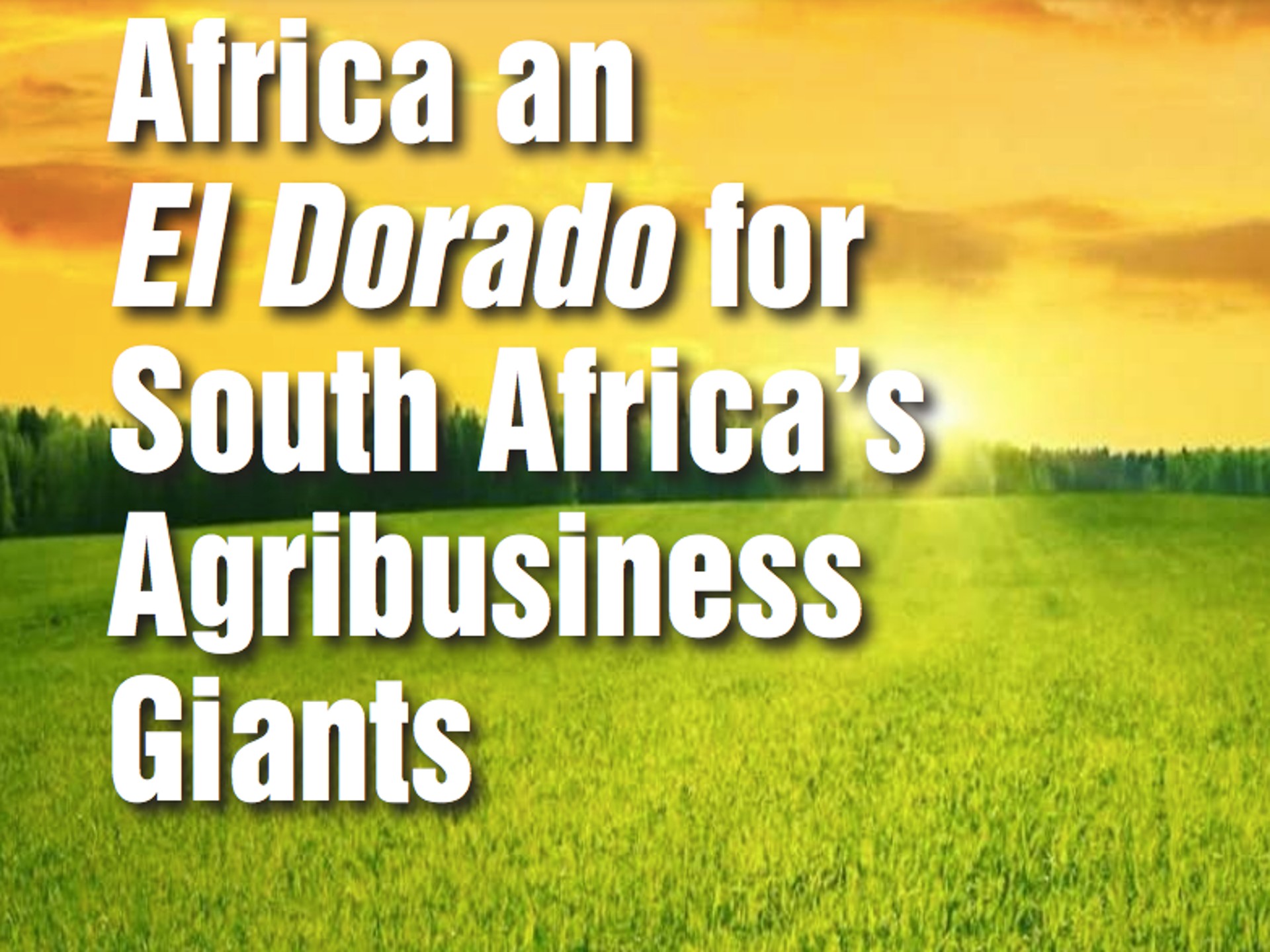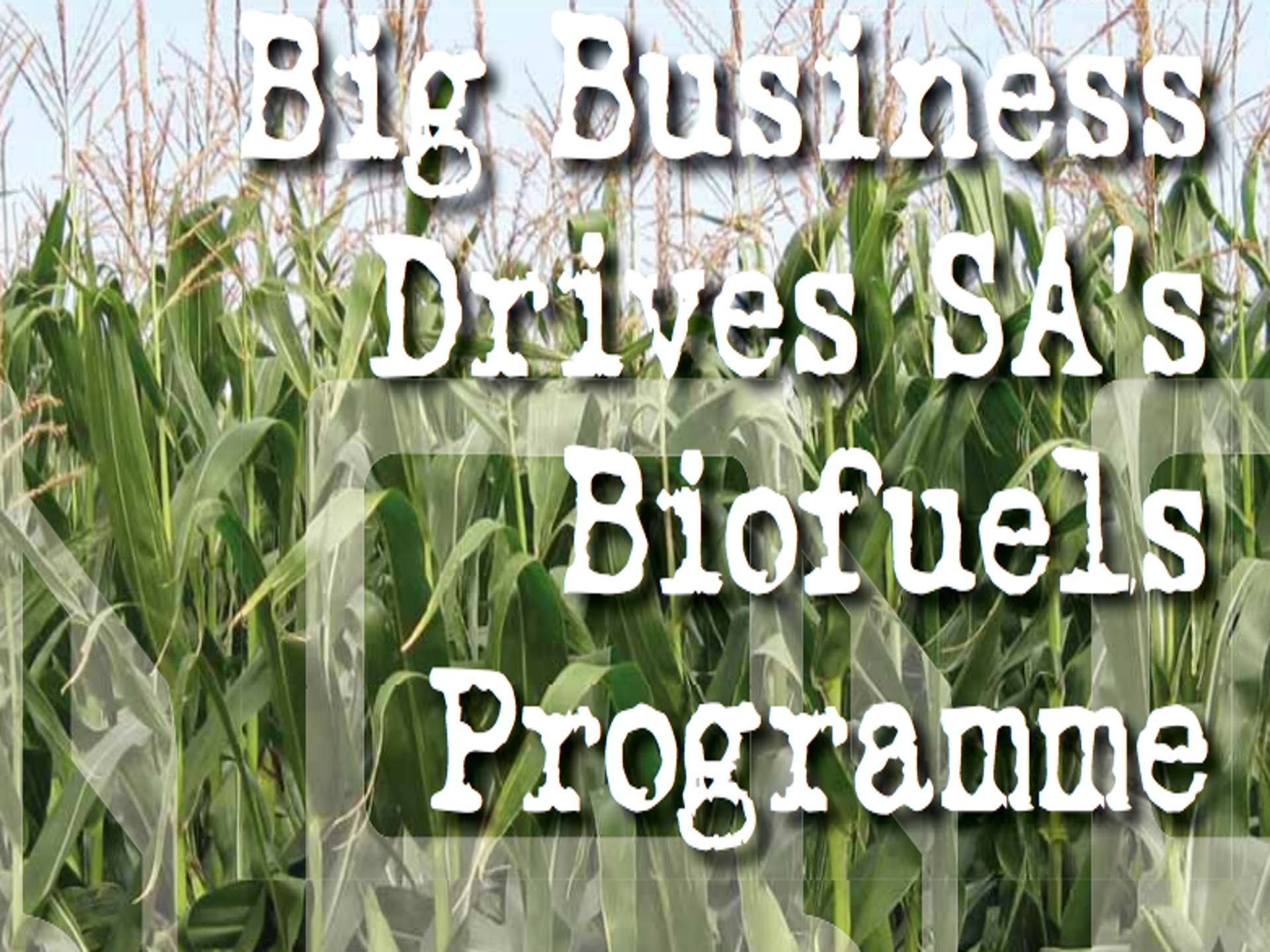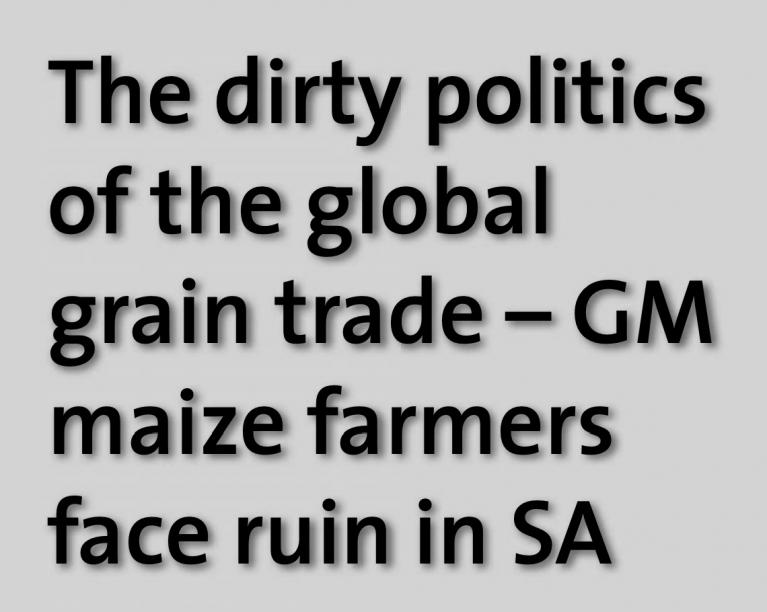Latest Resources

6 June 2024
Annual report for 2023 celebrates ACB’s 20th anniversary
2023 was a special year for the ACB, as it marked the twentieth anniversary since our organisation came into being, initially in response to the emergence of genetically modified organisms and the attendant biosafety issues in food and agriculture. As the organisation grew, our focus broadened to include a host of interconnected issues affecting food […]

15 June 2017
The GM maize onslaught in Mozambique: Undermining biosafety and smallholder farmers
A new report from the ACB, “The GM maize onslaught in Mozambique: Undermining biosafety and smallholder farmers” written in conjunction with Acção Academicapara o Desenvolvimento das Comunidades Rurais (ADECRU) has been released today. It provides an analysis of the changes made to Mozambique’s biosafety legislation in order to allow for field trials of genetically modified […]

13 February 2017
Bayer-Monsanto merger: An existential threat to South Africa’s food system
In December 2016 Monsanto shareholders voted in favour of the sale of the company to Bayer for US$66 billion, making it the largest-ever foreign corporate takeover by a German company. Both Bayer and Monsanto are major global manufacturers of agrochemicals and seeds, including genetically modified seed. A merged entity would be the world’s largest supplier […]

29 August 2016
N2 Africa, the Gates Foundation and Legume commercialisation in Africa
This report considers the N2Africa programme, which aims to develop and distribute improved, certified legume varieties (soya, common bean, groundnut and cow pea); promote and distribute inoculants and synthetic fertiliser; and develop commercial legume markets for smallholder integration in 13 countries in sub-Saharan Africa: Tanzania, Uganda, Ethiopia, Nigeria, Ghana (core countries); Kenya, Rwanda, Democratic Republic […]

2 September 2014
Africa an El Dorado for South Africa’s Agribusiness Giants
South African agribusinesses are aggressively expanding into Africa in search of profits from a relatively untapped consumer market with rising income levels and to escape the country’s negative economic conditions. This paper traces this expansion and outlines the implications for Africa’s market structure, food security and food sovereignty movements, as well as exploring the potential […]

18 November 2013
Giving With One Hand and Taking With Two: A Critique of AGRA’s African Agriculture Status R...
The African Centre for Biosafety (ACB) has released a comprehensive critique of a report published by the African Alliance for a Green Revolution in Africa (AGRA). The analysis of AGRA’s African Agriculture Status Report 2013 reveals that AGRA’s vision is premised on Public-Private Partnerships in which African governments will shoulder the cost and burden of […]

15 May 2012
Big Business Drives SA’s Biofuels Programme
In late February 2012 leading figures from the fossil fuel industry met in Pretoria to forge ahead with the government’s highly controversial plans for an SA biofuels industry. The catalyst for this meeting was the publication by the government last September of draft regulations for the mandatory blending of biofuels in the nation’s fuel supply. […]

8 September 2010
The dirty politics of the global grain trade – GM maize farmers face ruin in SA
Recently, the South African press reported on the possible bankruptcy faced by maize farmers. The African Centre for Biosafety (ACB) has today released a new report titled “The dirty politics of the global grain trade – GM maize farmers face ruin in SA” which provides an analysis of why South Africa’s record 13 million ton […]

13 February 2008
South Africa’s Biofuels Strategy: greenwashing agribusiness interests
The impetus for the establishment of a biofuels industry in South Africa also came from industry lobbyists under the banner of the Southern African Biofuels Association (SABA). Consequently, the South African government published a feasibility report and a draft Biofuels Industrial Strategy in 2006, which proposed the establishment of a mandatory bioethanol target of 8% […]
